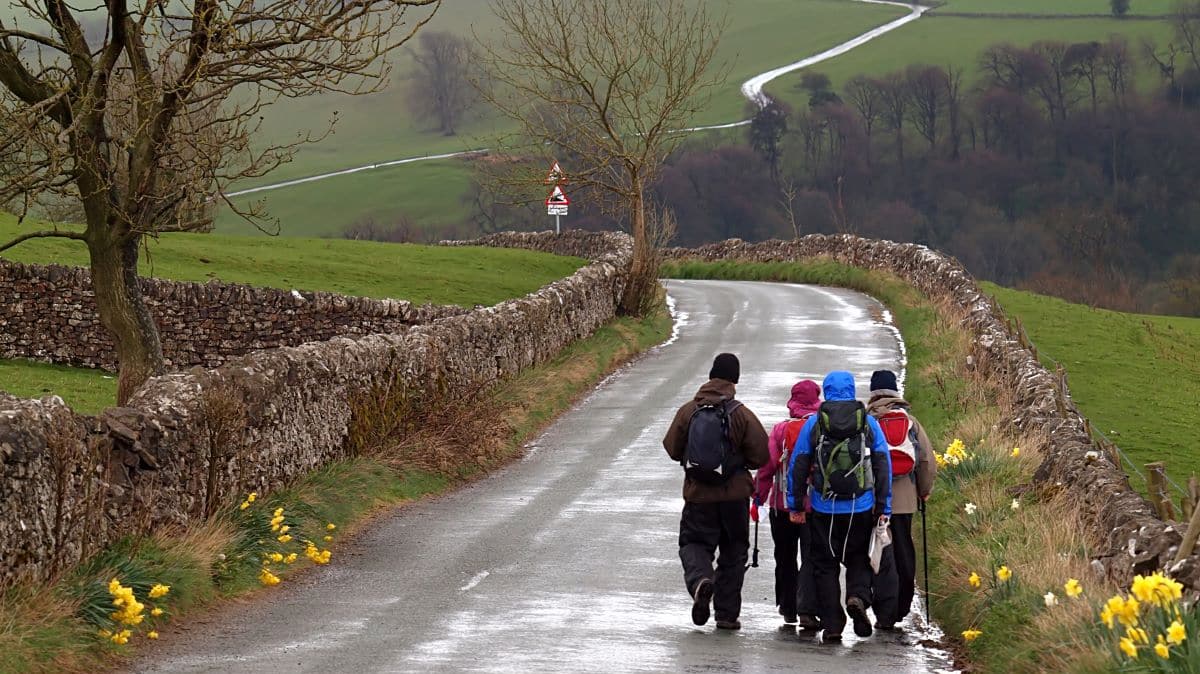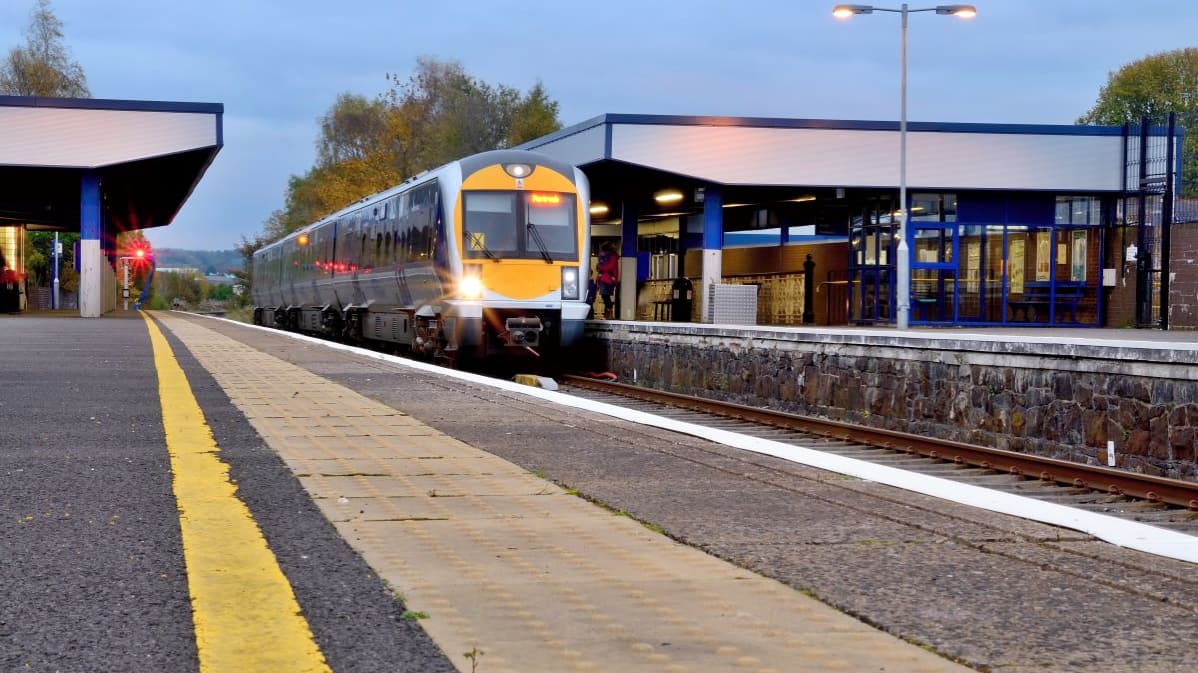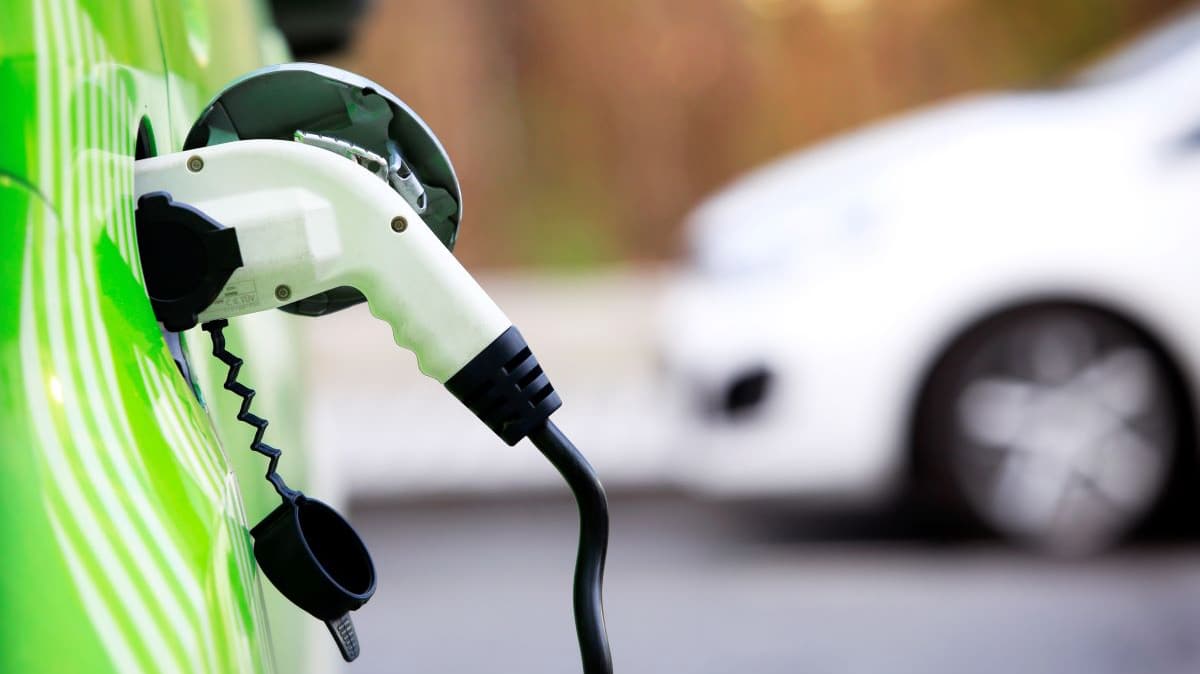Travelling around the UK and discovering the many wonders it holds in store is a joy to behold and something worth celebrating. However, while there is plenty to see and do around the UK it’s not always easy getting there when you’re trying to keep your environmental impact to a minimum.
The travel network across the country is mostly optimised for car drivers and unless you’re able to live with an area of natural beauty on your doorstep, you’re going to need a mode of transport.
For hikers and ramblers, the journey is a huge part of the exploration experience but what are your options for getting to your starting point? We’re looking at ways explorers can reduce their carbon footprint when travelling to and while staying at their destinations

Transportation for sustainable travel
Perhaps the most important consideration to make for sustainable travel is the mode of transport you choose. From choosing public transport to getting there via your own steam on a bicycle, there are several ways to reduce your carbon footprint while travelling to natural beauty spots.
Get the train
If you are travelling a long way, perhaps to another country or from one end of the UK to the other, the train is a much more economical way to travel than by plane. Depending on the route, trains can produce up to as much as 91% fewer emissions than a similar return journey by plane.

But, while trains are more friendly to the environment, they often hurt your wallet as train fares on popular UK routes are 50% more expensive than plane fares. That explains why so many opt for plane journeys rather than trains but if you are more concerned with your carbon footprint then trains are the best choice for longer journeys.
Taking the bus as part of your journey helps reduce the number of cars on the road too, perhaps as you complete the last leg of your journey from the train station to your accommodation.
Alternative fuel and all-electric vehicles
Although many journeys to nature spots require a car, there are now alternative fuels and fully electric vehicles that make the journey much friendlier to the environment. Alternative fuels like hydrogen can offer up to three times as much energy as petrol but it’s important to ensure your vehicle is regularly maintained to keep it running economically. A properly cleaned hydrogen engine reduces fuel consumption, lowers emissions and reduces carbon build-up.

Electric cars offer zero emissions while being driven and they cost a fraction of the price to recharge versus the cost of refuelling petrol or diesel-engined cars. A full charge costs approximately £15, although this fluctuates depending on the size of your battery and which charger you are using.
Cycling and car sharing
You might not have the budget to switch your vehicle to an electric or alternative fuel model, and whether you opt for air or rail they are both additional costs. However, it’s still possible to remain economical getting to your hiking location or staycation destination.
Through careful planning and packing, you can reach just about anywhere in the UK on two wheels with your legs as the engine, on a bicycle. You can even combine your travel with train and bicycle to minimise your carbon footprint while venturing further afield.
Consider car sharing companies that offer you access to a car when you need it and then someone else uses it when you don’t. According to Karshare, every car shared takes ten off the road. Even if you own a car, loading up your friends and family members into one vehicle rather than multiple reduces your impact. It might get a bit cosy but it’s for a good reason.
Sustainable accommodation
Getting to your destination is one part of sustainable travel but you may also wish to choose your accommodation more carefully. From accommodations that use biomass boilers and recycle their waste to growing their own produce to put on the menu, there are green stays across the country.
Up and down the country there are hotels, inns and cottages doing what they can to reduce their impact on the environment while also putting on an excellent experience for guests.
Many are now offering electric car charging points while others are pledging to give back to the ecosystem they belong to; from sourcing materials locally to supporting the immediate economy by fundraising and supporting local charities. A little bit of research into nearby accommodation for your destination can unearth some hidden gems doing their bit to help their local environment.
Spend your money locally
When you visit somewhere in the UK there’s likely to be a supermarket chain store nearby where you can stock up on basics and essentials. However, there are also likely to be local shops and establishments that need your business too, and by spending your money locally it remains in the community.

Many travel destinations in the UK rely on tourism to survive but it’s not just the money that can make a positive contribution to a local area. Consider how you travel around your chosen destination and lower your impact further by cycling or walking. In many locations, you can rent a bicycle to assist you on trips to the shops, nearby beaches or towns and to country pubs for lunch.
Limiting your energy use
The temptation to jump in a steaming hot shower and stay there for longer than normal is all too high when you are on holiday somewhere. Especially if you are out hiking and you are tired and weary following a downpour.
But many travellers use more energy on a trip away than they would at home. This could be by cranking up the heating by a few more degrees, having a bath rather than a shower or only using a towel once. Being conscientious about your energy use can further reduce your impact as you travel.
You can even ask your host about their energy and water sources. Consider what their approach to water conservation is and whether they use any renewable energy to power part or all of their accommodation when choosing a place to stay.
Some guest houses and hotels will have good environmental practices already in place, such as energy-efficient lighting or heating solutions. However, they are only effective if the guests use them accordingly. Things like switching off lights when they aren’t in use or running heating and cooling conditions in more economical settings are simple, effective steps.
